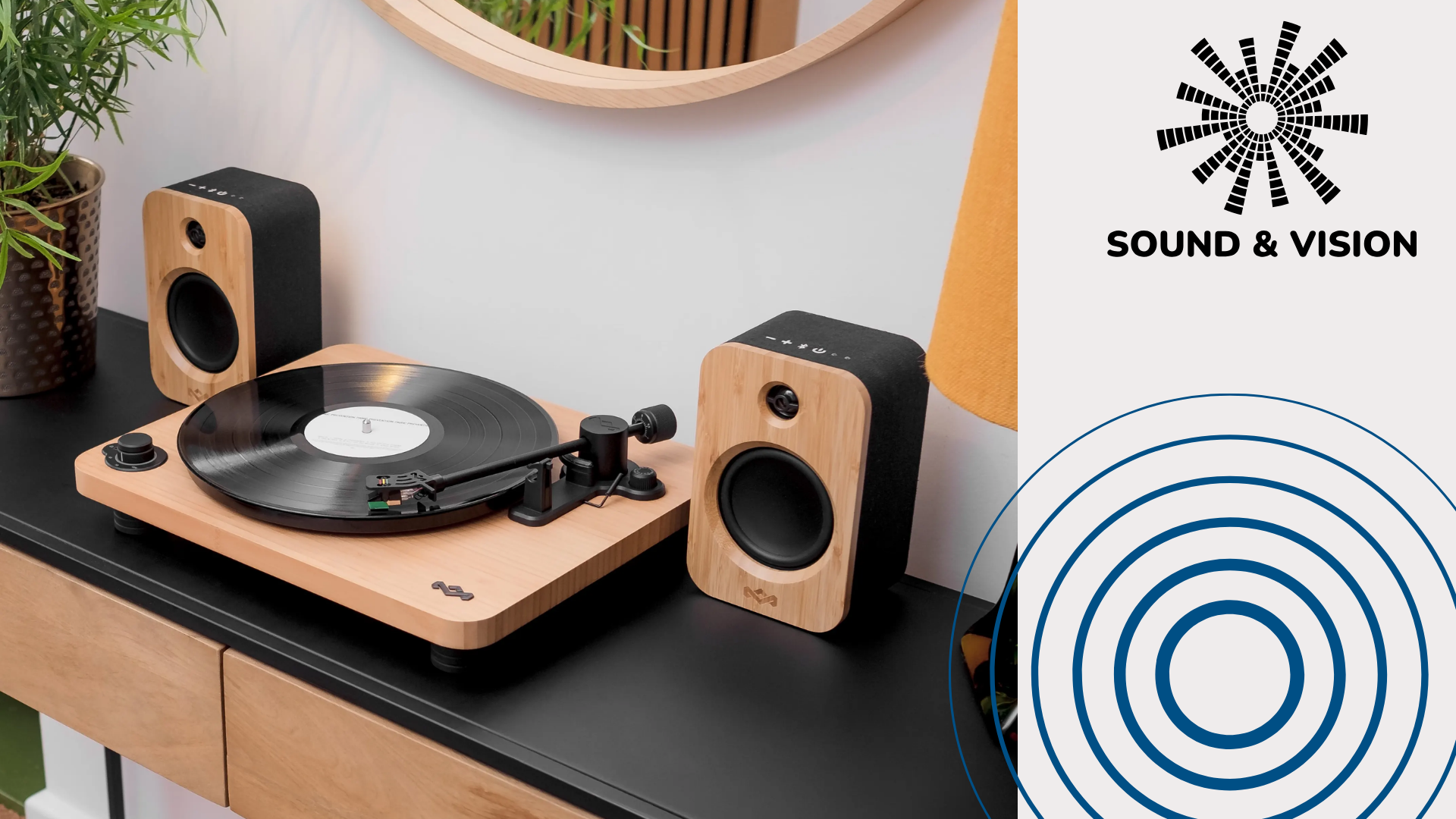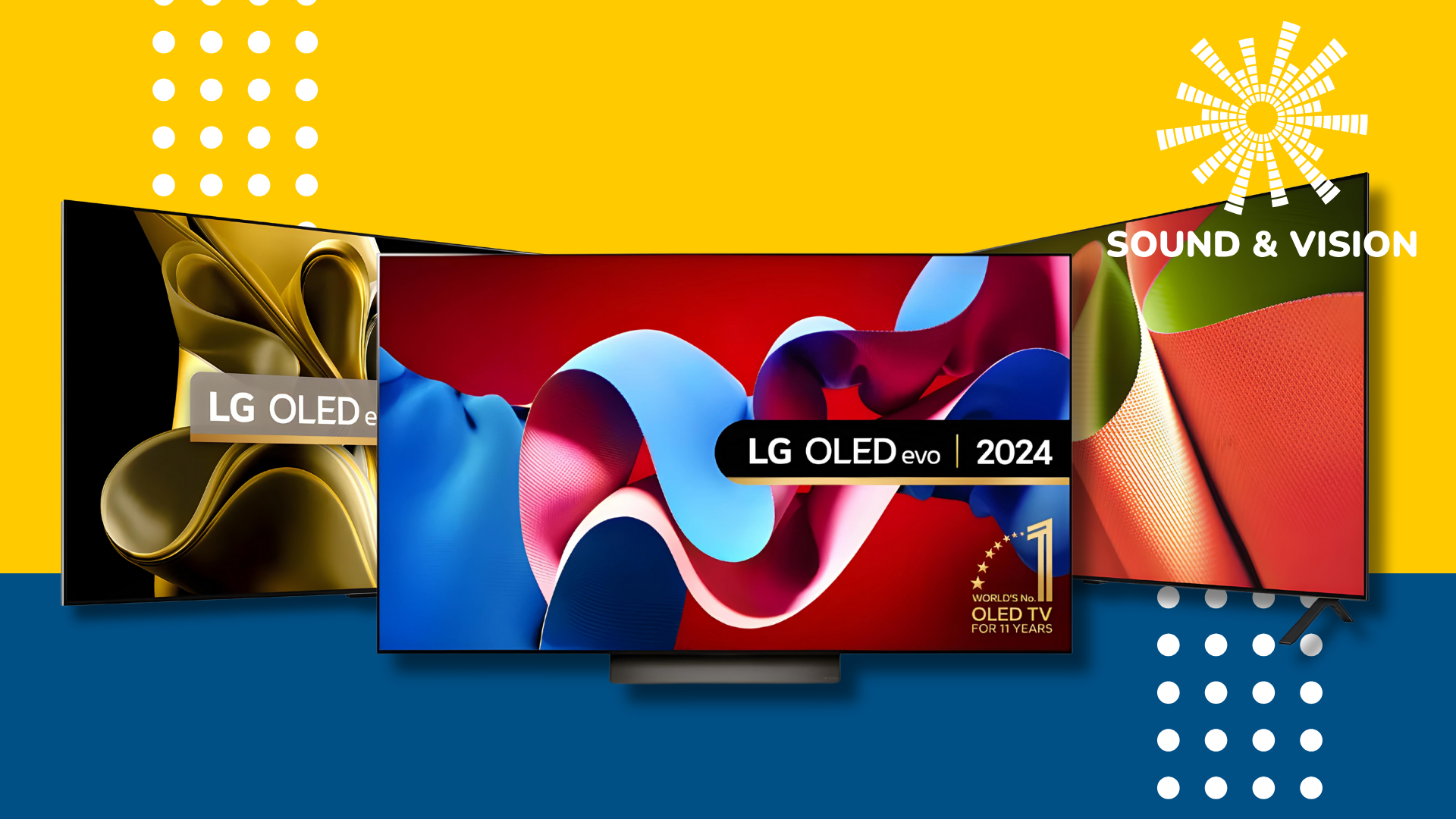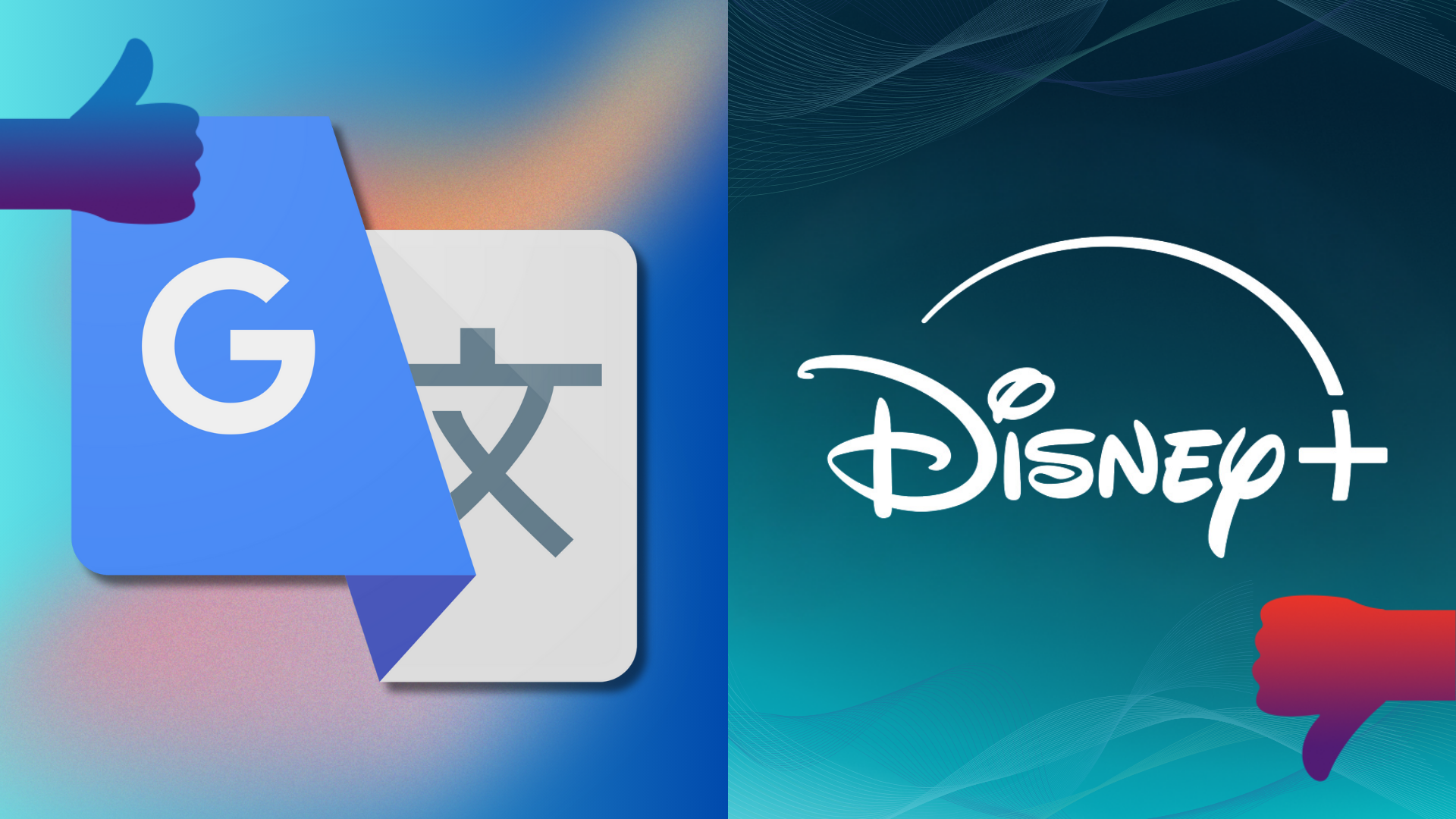Sound and Vision: Farewell iPod, you pocket-sized marvel
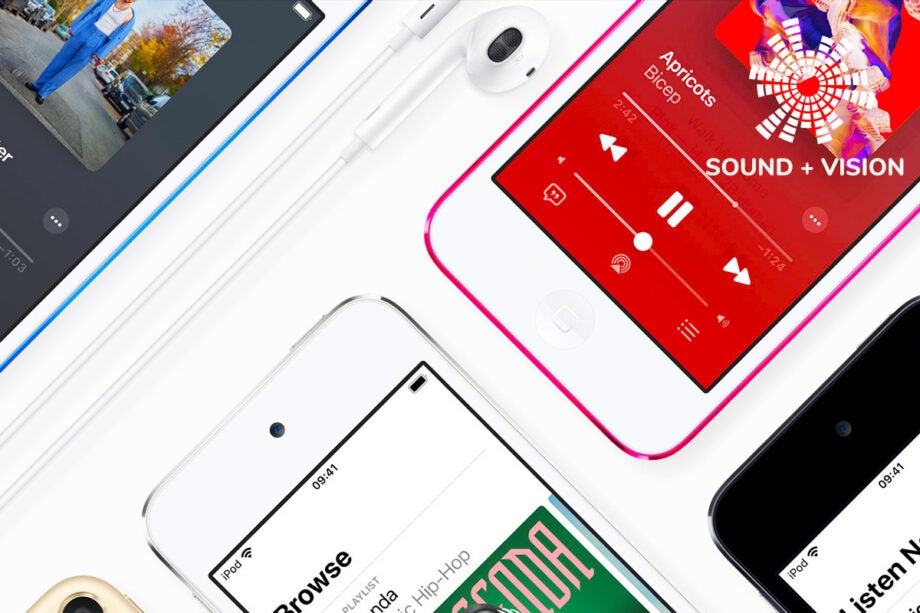
OPINION: The iPod has been around for more than 20 years, and arguably, Apple wouldn’t be the company it is now without it. It came at just the right time when digital was on its way to becoming the accepted form of accessing music. And now we’ll have to get used to talking about it in the past tense.
The iPod acted as a gateway for many, me included. Like the Sony Walkman that preceded it decades before, and the Creative ZEN and MuVo players that launched during the early 2000s, the iPod was the way into enjoying music for a generation, in a way usurping the popularity of radio and a mark of the shifting tastes towards digital.
I think everyone from the early 2000s remembers the ads with the white iPod distinctive against the colourful backgrounds and black silhouettes of people dancing around. You couldn’t escape them.
The iPod was a triumph of marketing, making it one of the must-have products. Back then it cost around $399 for the 5GB model so you had to be a kid with well off parents to afford one (definitely not me), and that only enhanced its desirability (who didn’t want the iPod Classic?)
If you couldn’t get an iPod, most would go for a Creative ZEN, though it says something that Creative’s series isn’t mentioned in the same breath (though probably remembered as fondly by some). The iPod was so popular it gave Microsoft’s Zune a black eye and bloody nose (though it was better in a few ways).
The first iPod I got I didn’t buy. My business studies class entered into a national Direct Line competition and somehow managed to score second place, and the reward for those who attended the finals was an iPod Shuffle 2nd Gen. Getting the Shuffle led to iTunes, which then led to iTunes Store and Apple Podcasts. The tunes and podcasts stored on that 4GB Shuffle were my audio companion through university. I wonder if it still works today.
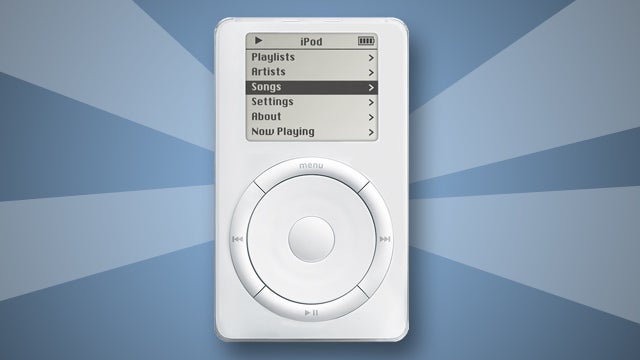
The second iPod I got I didn’t buy. A friend was over in the US, and I asked him if he could get the iPod Touch 4th Gen (electronics were much cheaper there than they were in ‘rip-off Britain’). The storage went up to 16GB (or 13GB, as it actually was), and more storage meant more space to fill, which meant finding more music. Rather than sticking to what I already listened to, I looked further afield. Mixing with other people at university broadened horizons and tastes. I forgot to pay my friend for the iPod Touch. I still haven’t paid him back. It’s been ten years…
The third iPod I bought but didn’t get (at first). Ordered from Amazon, the courier drove near my house (I could literally see them from my window), said it had been delivered to a different address down the road, and drove off with it. Suffice to say I wasn’t happy, but the order was eventually fulfilled. The only issue was I waited too long for the iPod Touch 6th Gen. The 7th Gen model came out a few months later.
But the 6th Gen model was one of those purchases where I wanted it but didn’t really need it. The popularity of the iPod was on the wane, and by then my podcast listening was satisfied by an iPad, while my (Android) smartphone was used for music streaming.
The iPod chartered the course for the likes of the iPhone so its impact can never be understated. But it’s been on a slippery slope, and from a certain point of view, rather abandoned. As a dedicated digital audio player, the likes of Astell&Kern, iRiver and Cowon have replaced the iPod.
The iPod’s days were numbered ever since the iPhone was announced, but even though it ends on something of a whimper, its contribution shouldn’t be forgotten. It was an iconic, industry-defining device.
Although the less said about the time when U2 infiltrated iTunes and iPods, the better.
There’s plenty of people in the last twenty years whose first contact with music was through an iPod, and that’s a great memorial to the audio player that made people think differently about music.


